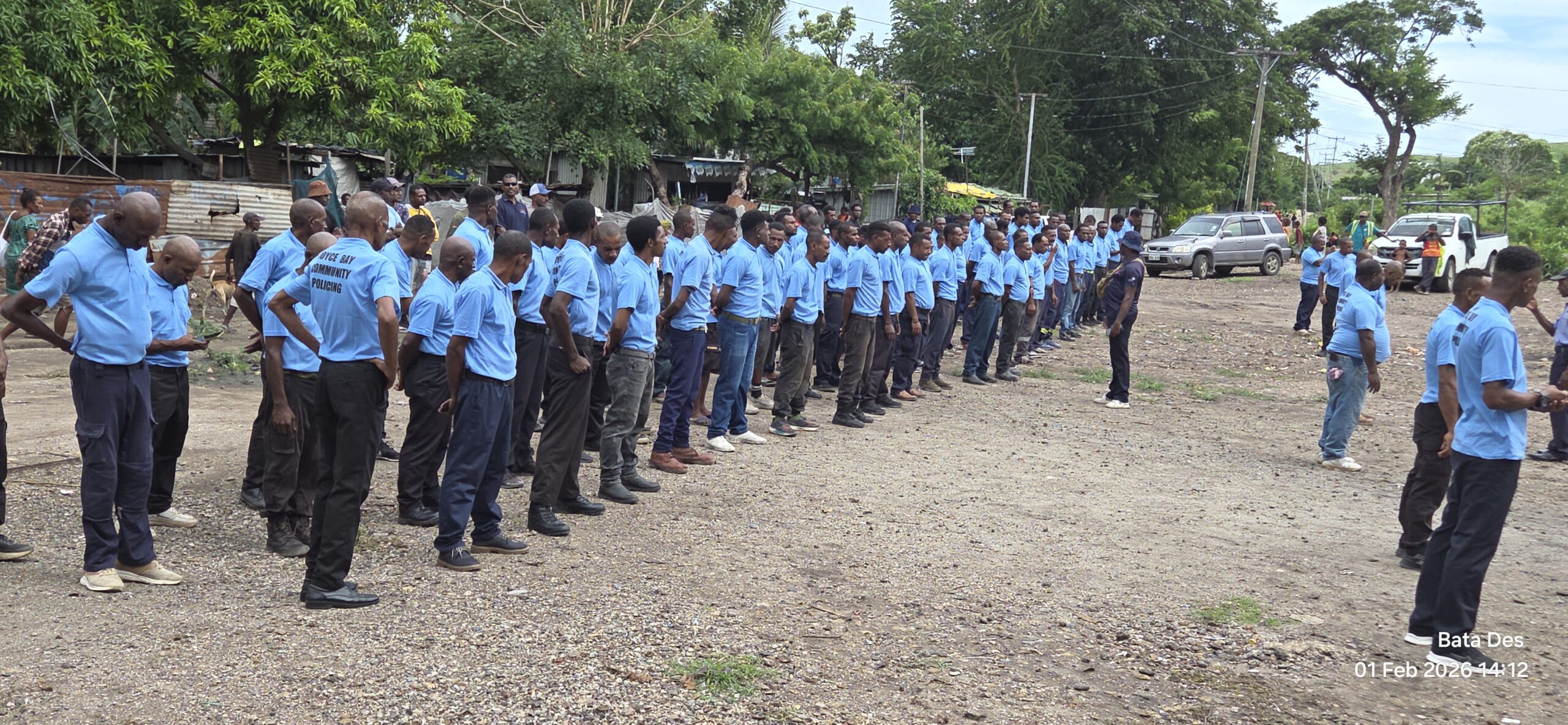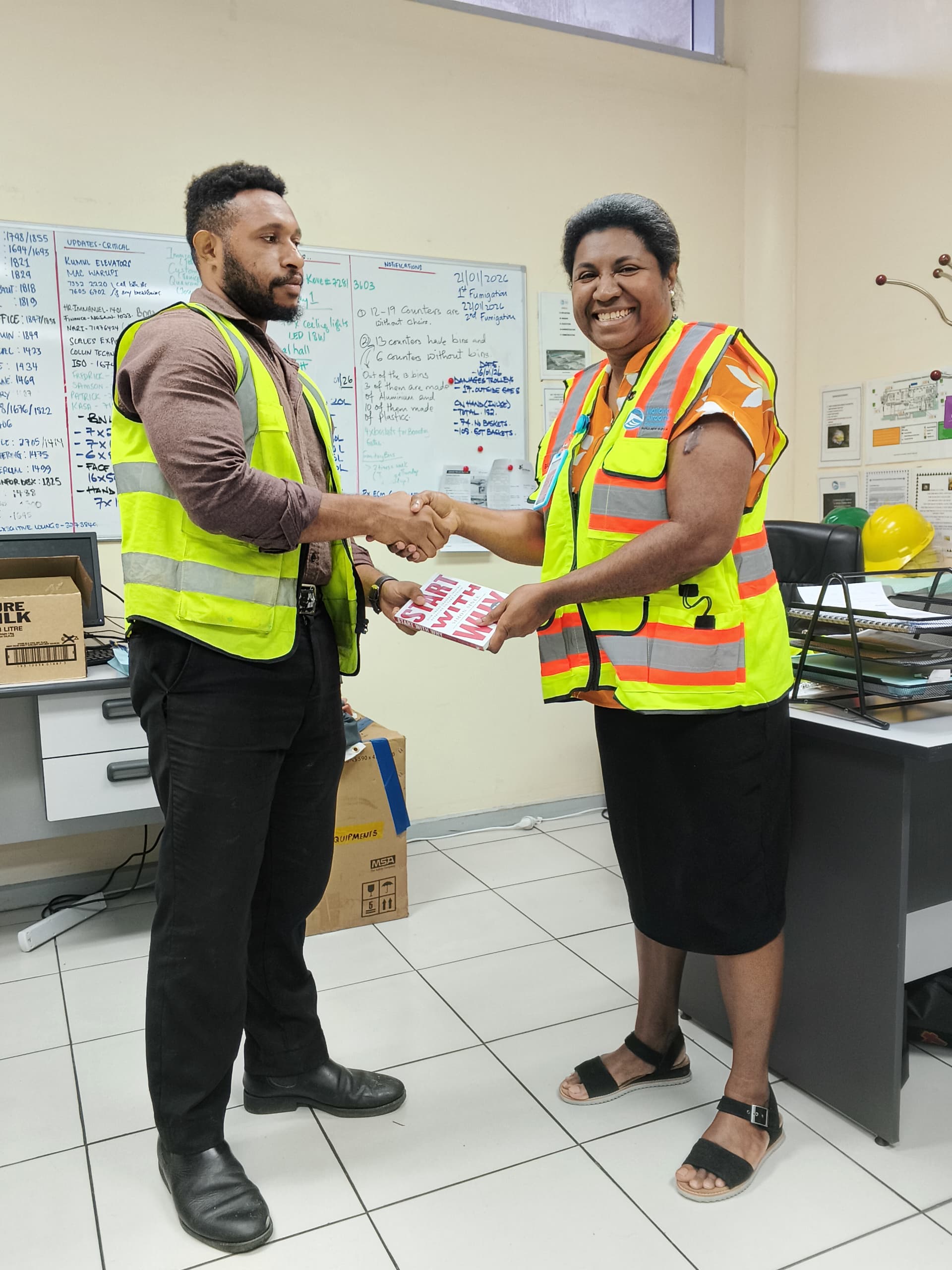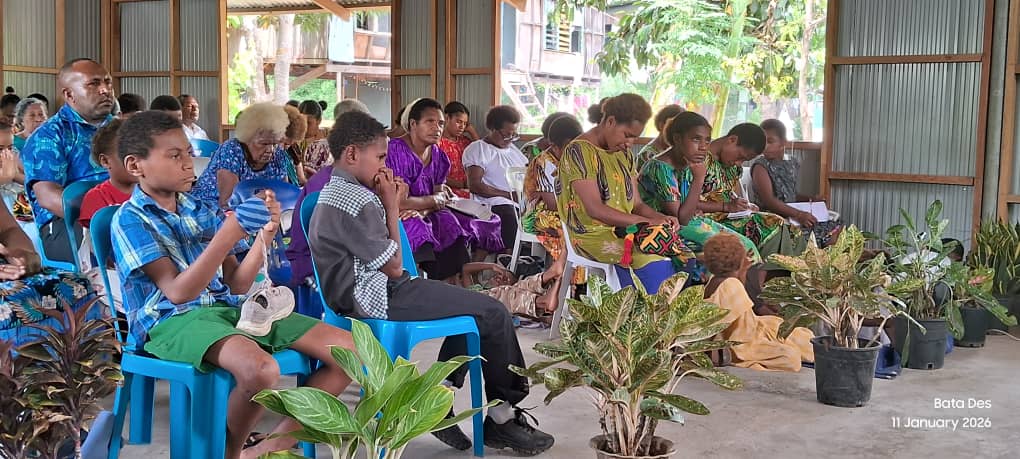“Air Niugini’s ‘People’s Balus’: Aspirational Branding or Reality?”
In 2023, PX announced its fleet modernization program, which included ordering new A220 aircrafts. The PNG’s national airline, Air Niugini, then unveiled a brand-new Airbus A220 aircraft, proudly dubbed as the “People’s Balus” scheduled to arrive next Monday (15/09/2025). This slogan was intended to evoke a sense of national pride. The message was clear: this was not just another jet but a modern symbol representing Papua New Guinea as it approached 50 years of independence—a plane for all the people.
As the 50th Jubilee celebration in 2025 draws near, anticipation builds for the arrival of the A220, which will finally reach PNG after nearly two years of waiting.
However, if we look beyond the frequent press releases and media updates that heightened the hype, one might wonder: Is this aircraft truly the People’s Balus, or is the name more aspirational than authentic?
A Symbol of Progress, But for Whom?
There is no doubt that the Airbus A220 is a remarkable machine. Sleek, efficient, and quiet, it represents the cutting edge of aviation’s flying bird. Air Niugini deserves credit for modernizing its fleet and replacing older aircraft with fuel-efficient models that can fly further and operate more economically.
Yet, behind the symbolism, the question of who actually benefits from this “People’s Balus” looms large, and to some extent, on what basis is this name of any value to over 10 million people of this country?
The Affordability Question
Consider the cost of flying in Papua New Guinea. For many ordinary Papua New Guineans, whose average incomes are far below these levels, such prices are simply unaffordable. Yes, the A220 may burn less fuel and be cheaper to operate than its predecessors, but that doesn’t mean tickets will become affordable?. Without meaningful changes to fare structures or subsidies, the majority of citizens — the very “people” in “People’s Balus” — will not be fully served by this sleek bird of the sky, flying PNG’s colors.
Accessibility and Equity
Furthermore, PNG is a country where geography makes air travel not a luxury but a lifeline. With mountains, islands, and limited road networks, many communities rely on aircraft for access to health care, education, and economic opportunity. Ironically, it is these rural and remote populations that are most often priced out of air travel.
Instead, the main users of air travel flights are those living within major cities and towns, government officials, business travelers, and expatriates. For everyday villagers who represent 80% of PNG’s population, flying remains aspirational at best. That reality sits uneasily against the marketing language of a “People’s Balus.”
Compare this with low-cost carriers in Asia — such as AirAsia, Cebu Pacific, and Lion Air — that genuinely democratized flying by slashing fares and opening the skies to millions. In PNG, no such low-cost model exists, and competition remains limited.
A Modern Plane Does Not Guarantee Lower Fares
The A220 is undoubtedly efficient. Airbus markets the aircraft as consuming about 20–25% less fuel than older narrowbody jets. Its economics are stronger on thinner, longer routes, allowing Air Niugini to serve new destinations.
However, in PNG’s context, efficiency gains are quickly offset by deeper structural issues:
• The high cost of imported jet fuel.
• Foreign exchange shortages that make maintenance and leasing more expensive.
• Limited airport infrastructure, which raises per-passenger costs.
• Low passenger volumes that prevent true economies of scale.
In short, the arrival of a new aircraft type will not, on its own, change the ticket prices that keep most Papua New Guineans from flying.
Risk of False Expectations
Branding matters. By calling the A220 the “People’s Balus,” this may have created many expectations. Ordinary citizens may assume fares will drop, routes will expand, and flying will become more accessible. If those expectations are not met, the name risks being seen as empty marketing — a slogan rather than a lived reality.
While Air Niugini’s efforts to make air travel more affordable in PNG—through initiatives such as Tuesday Specials are commendable, including its various fare options such as:
• Economy Promo: Offers the lowest fares with restrictions such as non-refundable tickets and no changes allowed Air Niugini.
• Economy Saver: Provides more flexibility with changes allowed for a fee.
• Economy Flexi: Offers the highest flexibility with free changes and cancellations.
• Business Class: Includes premium services such as priority check-in, lounge access, and additional baggage allowance.
Towards a True People’s Balus
That critique, however, should not lead to cynicism. The A220 could still become closer to a genuine “People’s Balus” if paired with the right policies and strategies:
• Targeted subsidies on essential domestic lifeline routes.
• Exploring low-cost models on high-demand routes such as Port Moresby–Lae, Hagen, plus other key regional airports in the country.
• Partnerships to reduce operating costs, including more stable fuel supply agreements.
• Investment in smaller regional aircraft and rural airstrips to complement the A220, reaching remote strips more economically.
• Enable transportation of key agricultural, fisheries, and tourism products from the rural communities to towns and cities for market access.
By aligning fleet modernization with affordability and access to support remote accessibility through regional connectivity that supports agriculture, fisheries, and tourism, Air Niugini can match its branding with reality.
Conclusion
The Airbus A220 is a bold step forward for Air Niugini and for Papua New Guinea’s aviation sector. It is a modern aircraft that will improve efficiency and enhance the airline’s international profile. But whether it deserves the name “People’s Balus” is another matter.
At present, high ticket prices and limited accessibility mean that the “people” — the everyday citizens of PNG — are still largely excluded from the skies. Unless affordability and equity are addressed, the A220 will remain a national showpiece rather than a genuine people’s plane.
For the People’s Balus to live up to its name, it must not just carry the flag, the nation’s rich heritage and bright future, not just showcasing the colors of Papua New Guinea or the symbols — it must connect with the people and carry the people.
Disclaimer: The views expressed in this content are solely those of the author and that of the author’s capacity as a citizen of this country and do not represent the opinions, positions, or policies of any organization with which he is or has been affiliated.




Comments are closed